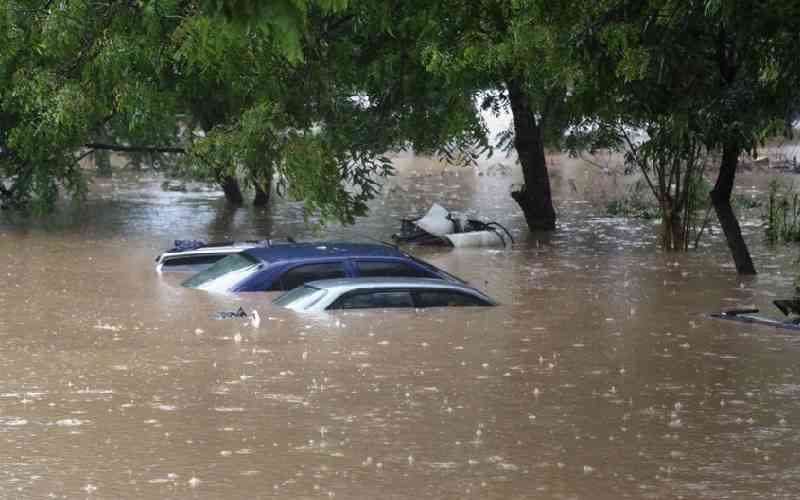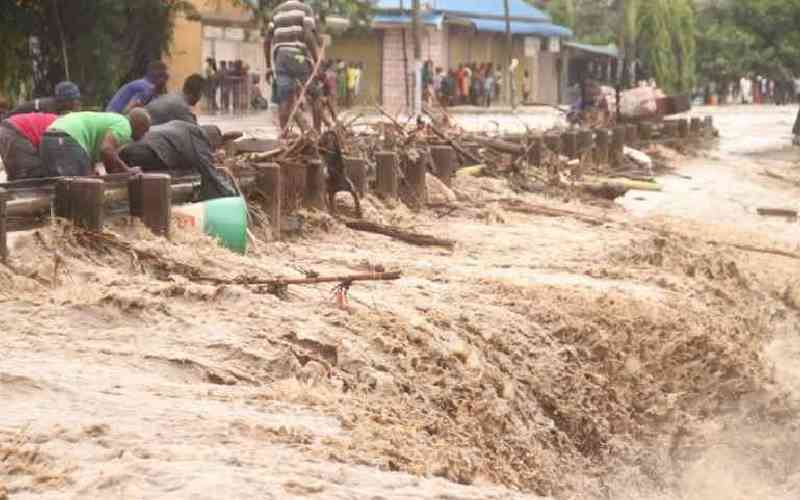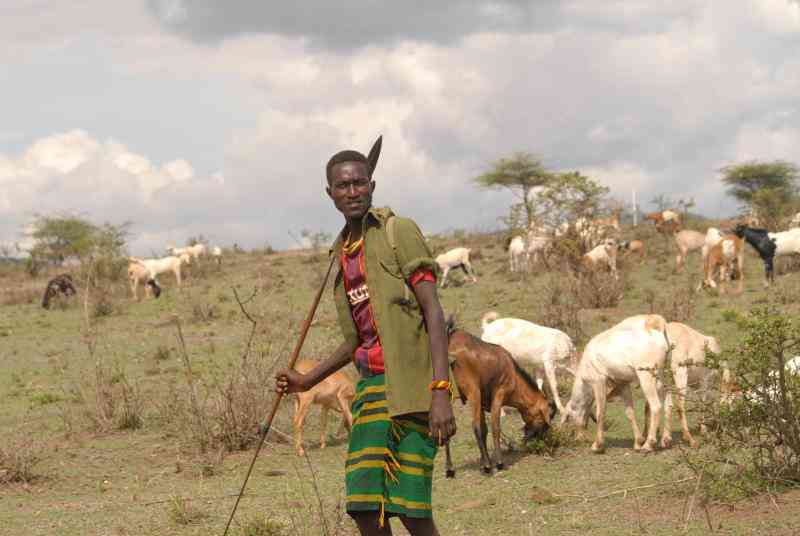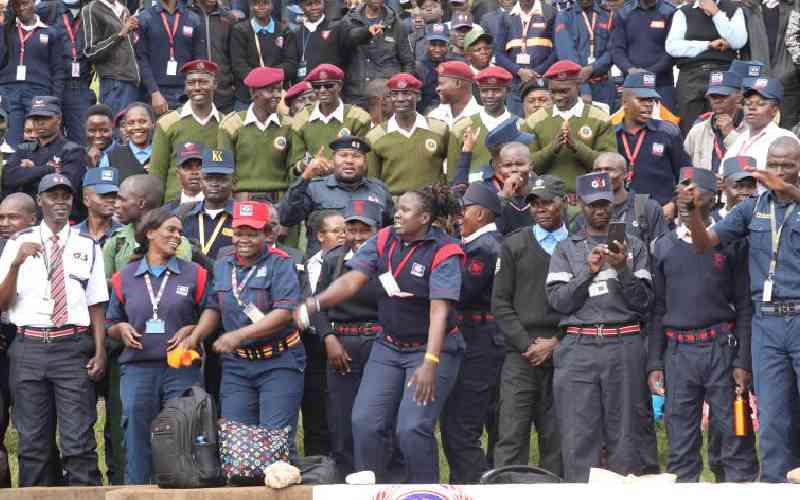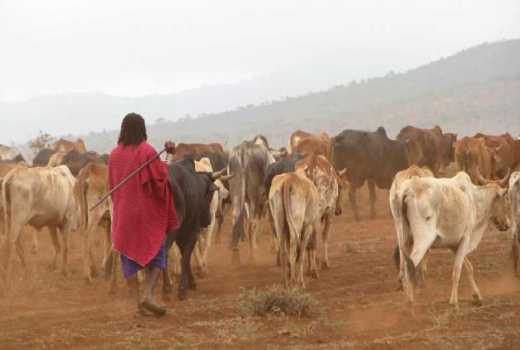
NAIVASHA, KENYA: An east African bloc said on Tuesday that its members have agreed to ratify a protocol that will allow pastoralists to freely and legally drive their livestock across borders in search of pastures.
Inter-Governmental Authority on Development (IGAD) member states, who are holding a two-day meeting in the Kenyan town of Naivasha, challenged respective governments to move with speed and ratify the protocol so that the livestock corridors could be opened up.
"Currently we have close to 1 million cattle from Kenya grazing in Moroto area of Uganda, and this is part of achieving this transhumance protocol," said Adan Yussuf Haji, chairman of the Kenyan parliament's Livestock Sub-sector Committee.
Haji said that once the protocol is enacted, the issue of cattle rustling along border points would be a thing of the past.
He noted that in most cases the movement of pastoralists and their livestock was caused by lack of pastures and water.
The lawmaker challenged respective governments to move with haste and ratify the protocol so that the livestock corridors could be opened up, noting that parliament had embarked on the process of setting up a Livestock Development Authority.
"This country has never had such an authority which will come in handy in addressing challenges facing members of the pastoralists' community which rely on livestock," he said.
The meeting was organized by the Center for Pastoral Areas and Livestock Development (ICPALD), IGAD's specialized institution for pastoral areas and livestock development, to discuss and draw up a draft Protocol on Transhumance for Kenya, which aims to address threats and challenges that affect pastoral ecosystems within IGAD member states.
The Protocol on Transhumance is expected to facilitate formal cross-border livestock mobility in the region.
Participants said the need for the transhumance protocol in the IGAD region is premised on the understanding that migration in search of pastures and water is paramount to the very survival of transhumant pastoralist communities.
Japheth Kasimbu, a transhumance expert from the IGAD Secretariat, said the region has over 500 million livestock that rely on pastures and water from neighboring countries.
Kasimbu said the protocol is expected to be adopted by mid-2019.
"This process started back in 2011 when the Horn of Africa lost hundreds of livestock due to drought and we decided to work on pastoral community mobility for water and pastures," he said.
The protocol would address the issue of accountability and cattle rustling, which has been a thorn in the flesh for communities around border towns, Kasimbu noted.
Stay informed. Subscribe to our newsletter
"Under the agreement, livestock will be tagged, making it easier to track them and arrest the culprits in case of any incident of rustling," he said.
 The Standard Group Plc is a
multi-media organization with investments in media platforms spanning newspaper
print operations, television, radio broadcasting, digital and online services. The
Standard Group is recognized as a leading multi-media house in Kenya with a key
influence in matters of national and international interest.
The Standard Group Plc is a
multi-media organization with investments in media platforms spanning newspaper
print operations, television, radio broadcasting, digital and online services. The
Standard Group is recognized as a leading multi-media house in Kenya with a key
influence in matters of national and international interest.
 The Standard Group Plc is a
multi-media organization with investments in media platforms spanning newspaper
print operations, television, radio broadcasting, digital and online services. The
Standard Group is recognized as a leading multi-media house in Kenya with a key
influence in matters of national and international interest.
The Standard Group Plc is a
multi-media organization with investments in media platforms spanning newspaper
print operations, television, radio broadcasting, digital and online services. The
Standard Group is recognized as a leading multi-media house in Kenya with a key
influence in matters of national and international interest.


